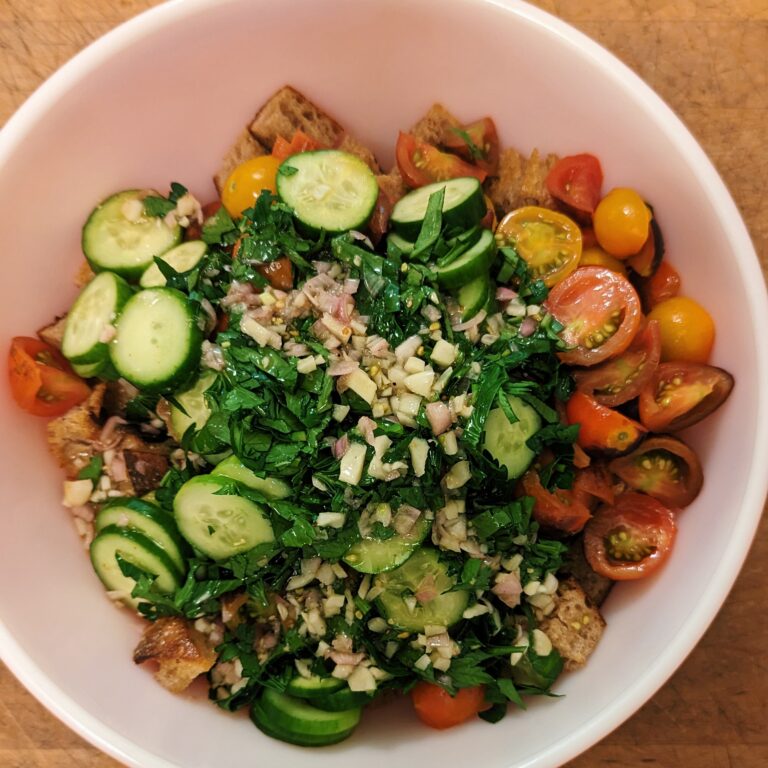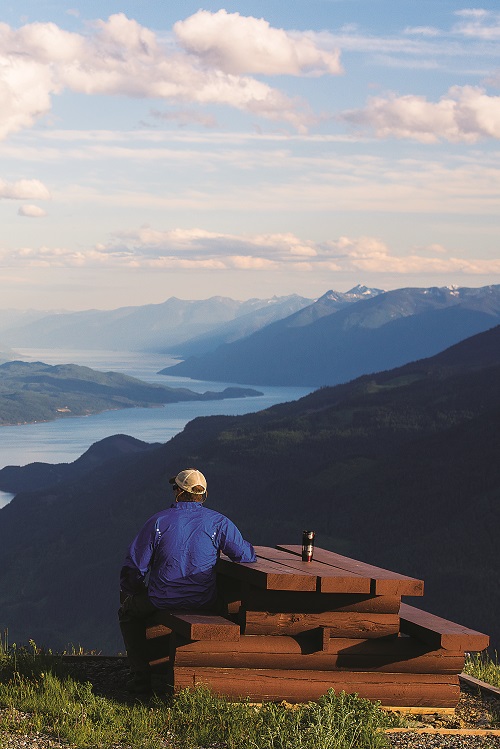They say that with the Seattle Sounders, the world’s game has come to Washington, but soccer is not the only “new” sport in the region. Spokane TrailQuest, formed in fall of 2007, has brought Mountain Bike Orienteering to the Northwest. This bike scavenger hunt event is popular in Europe and around the world, but so far has yet to catch on in North America. According to TrailQuest director Ken Bell, his organization is the only one of its type in the country.
Bell was introduced to the sport while teaching overseas on military bases for the Department of Defense, and when he returned to the Spokane area, he hoped the sport might catch on here. “In Spokane, we’re really lucky to have so many great places to ride,” Bell says.
Organization currently boasts about 20 competitors at each event. Bell hopes to expand regular attendees to 100 per event, and that some day the region will send a team to the World Championship competition. Neither the US or Canada has ever sent a team.
In mountain bike orienteering, there are 24 checkpoints, and each is designated as a certain number of points—five points for easy locations, up to thirty for checkpoints that are more distant or difficult to find. You have up to three hours to reach as many as you can; if you take longer than the allotted time, you accrue negative points. “It’s all about route selection and how hard you want to ride,” Bell says. It’s 32 miles of riding to get to all of them, but you don’t have to go to every one.
The races are on the last Sunday of every month during the series. The spring series runs through April, May and June; the fall series through August, September, and October, with a buffet and awards ceremony after the last race of each series. There are team or solo divisions.
“The courses we have, we try to mix it up,” Bell says, “so you’ll ride roads and trails if we can find them.” He adds, “I spend a lot of time looking over maps and riding the courses—for example, at Beacon Hill there’s a fun spot that’s kind of like a roller coaster, so I tried to incorporate that in the course. I just want people to get out, get some exercise, and have some fun.”
Here is the gear you might need to try this new sport:
BIKE: Bell rides a hard tail mountain bike by Specialized, “nothing fancy,” he says, and he just bought a Motobecane bike, which only weighs 20 pounds. “For me, it’s harder to go uphill on a full suspension bike, but a full suspension bike is a smoother ride,” he says. Either will work for mountain bike orienteering, he adds, and some contestants will use a hybrid bike, with suspension and narrower tires, to go faster.
PEDALS: Clip-ins. “It helps a lot when you’re climbing because you can push as well as pull,” Bell says. He uses the Shimano M 424 mountain bike pedals.
SHOES: Exustar mountain bike shoes.
HELMET: Bell, of course.
BIKE ACCESSORIES: Fenders can be helpful if it’s rainy or wet, Bell says, but for the most part there are no required accessories. TrailQuest provides each rider with a map in a large zip lock bag that they can clip to the handlebars. Some competitors use a bike dashboard, or modified clipboard, as well.
CLOTHES: Bell recommends long sleeves and long pants, layered, because it can be cold in the morning and they can provide brush protection if a trail is overgrown.
HYDRATION: Bell recommends a hydration pack, like a Camelbak. “They work really well because you can keep your hands on the handlebars.” He has also seen bottles bounce out of the holders on bumpy rides. “With a pack, you can keep a spare tube, or Power Bars, or your cell phone with you just in case you get lost.”
NAVIGATION: “There’s a misconception that you need a compass and lots of map reading experience, but there’s not a lot you really need except a bike,” says Bell, though he admits that map familiarity, like experience orienteering, can help you plan a more efficient route.
SUNGLASSES: “I always wear them because bugs can come up and whack you in the eyes,” Bell says, “but to me, I’m always going to lose them or sit on them, so it’s better just to get a generic set.”













